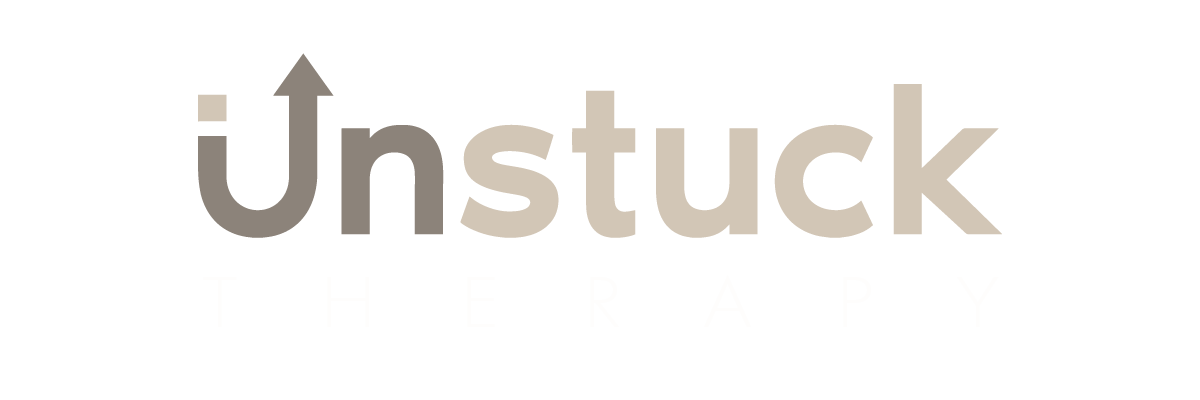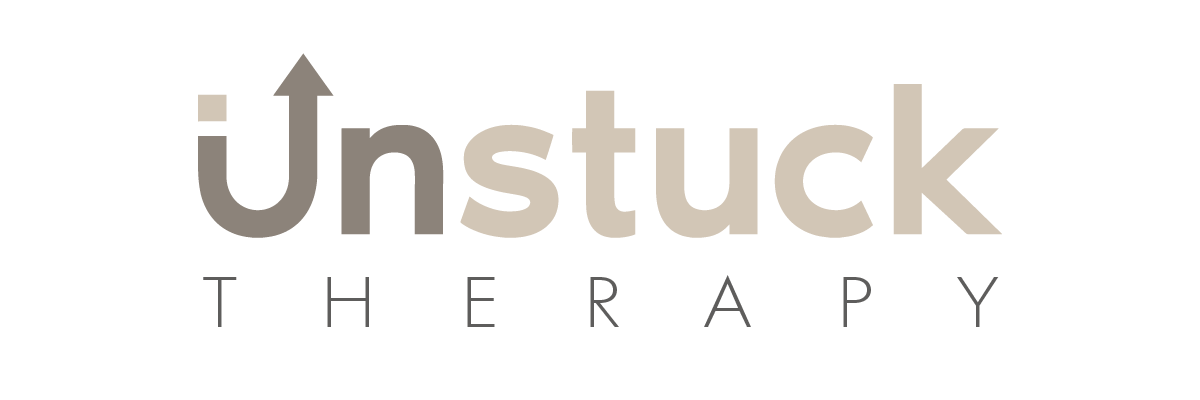No therapist is the same, and the effectiveness of therapy is largely dependent upon the quality of the relationship. However, it can be hard knowing what to look for as a client. Here are a few tips to guide you in finding the right person for you.
You have to explore to find the right person.
Because the therapeutic process relies on the relationship, finding the right person takes effort. You may hear stories from other people about their experiences, but it’s important to remember that no therapist is the same. You may click with your first therapist or go through several. Resist the temptation to generalize as a way of avoiding potential negative experiences. By remaining open to the process, you have more opportunities to find what is right for you.
Take advantage of early consultations.
When looking at a website, do they provide a free phone consultation or lower-cost first session? Take advantage of that opportunity to see if you feel safe with that person and naturally connect. If it doesn’t feel right, no need to book a follow-up session! Good therapists respect how much the fit matters.
Ask the questions that matter to you.
You are the one deciding whether you want to use that clinician’s services. Don’t be afraid to advocate for exactly what you need. As therapists, we want to know any concerns or questions you might have. If it’s important to you, do some light research about the therapy model that they use. If you had positive or negative experiences with therapists in the past, be prepared to ask questions specific to those experiences. If this is your first time in therapy and you have questions about what it will be like, don’t hesitate to vocalize that. The responses from your therapist may give you clarity around what you need to move forward.
Therapeutic fit is mutual.
Therapists are also assessing whether you are a good fit for them as a client. If there is a disconnect, or your goals aren’t aligned with the type of work they do, a good therapist will know when to refer you to someone who will better meet your needs. You want a therapist who feels competent with your presenting issues. So if you are referred to someone else, consider that a step closer to what you need.
You can change your mind.
It’s also ok to decide at any time that the relationship is no longer helping you toward your goals. We encourage you to bring that conversation into the room with your therapist to process, as it can often be what you need to overcome that block. For all you know, they could be feeling that exact same stagnation, and it may be time to try a new strategy. Even if you don’t want to continue with your therapist, initiating that conversation can be a meaningful way of advocating for your needs. If it feels too difficult to have that conversation in person, consider sending them an email expressing what you need.
From our perspective, a good therapeutic relationship resembles an effective coach: creating safety, checking in on your capacity, meeting you where you are, and challenging you just beyond the limits that you have for yourself.






